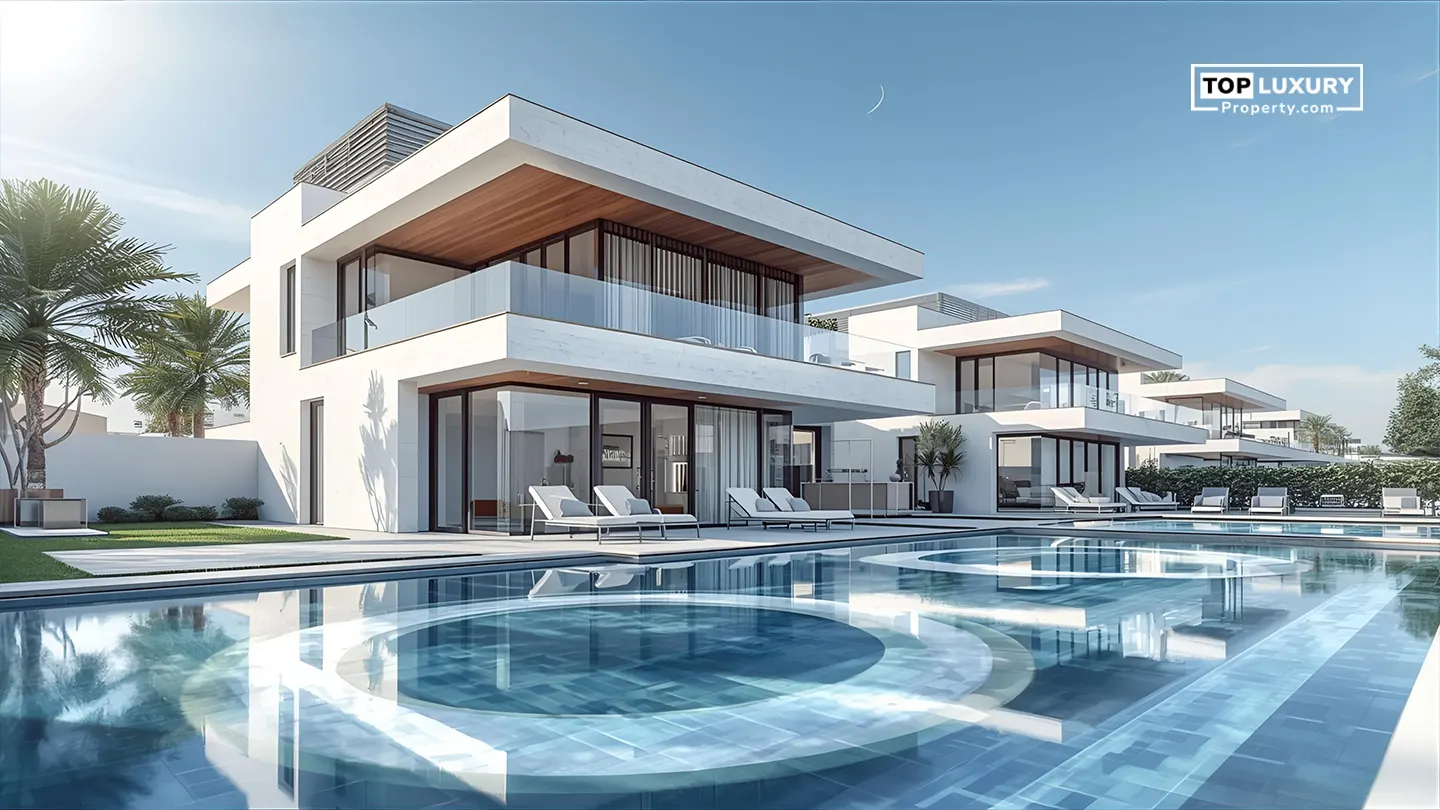The United Arab Emirates (UAE) is leading the way in smart home adoption with a twist: The demand for multilingual smart homes is growing fast. As Dubai, Abu Dhabi, and other emirates attract a global population, homeowners and investors are looking for smart home technology. But how this multilingual home automation is changing the way we live? Let’s explore the benefits and challenges of these systems, and practical tips for choosing the right smart home solutions in UAE.
What Are Multilingual Smart Homes?
A multilingual smart home uses smart home devices that understand and respond to commands in multiple languages. This is especially important in the UAE, where residents and visitors speak Arabic, English, Hindi, Urdu, Tagalog, Russian, and many more languages. Unlike standard smart homes, these systems allow every family member, irrespective of their native tongue, to control lights, AC, security and entertainment with simple voice commands or mobile apps.
The Rise of Smart Home Technology in UAE
The UAE has always been tech savvy, and smart home technology is no exception. High internet penetration, government support for smart city initiatives and a tech savvy population have created the perfect environment for smart home growth. According to recent research the UAE’s smart home market is expected to grow rapidly driven by increased demand for convenience, security and energy efficiency.
Key drivers for smart home adoption in the UAE are:
Urbanization: Rapid urban development in Dubai, Abu Dhabi and Sharjah has led to a boom in modern housing projects with smart features.
Expatriate Population: UAE has over 70% of residents expats who are increasing looking for multilingual home automation systems.
Government Initiatives: Dubai’s Smart City project encourages the integration of technology into daily life.
Luxury Lifestyle: High disposable income means more residents can afford premium smart home devices.
Popular Multilingual Smart Home Devices in UAE
When it comes to smart home solutions in UAE, several brands and devices stand out for their multilingual support:
| Brand/Device | Languages Supported | Key Features |
|---|---|---|
| Amazon Alexa | Arabic, English, Hindi, more | Voice control, smart routines, app integration |
| Google Home/Nest | Arabic, English, many global languages | Multi-room audio, automation, security |
| Apple HomeKit | Arabic, English, major global languages | Seamless Apple ecosystem integration |
| Samsung SmartThings | English, Arabic (limited) | Broad device compatibility, automation |
| Honeywell Thermostats | English, Arabic (select models) | Smart climate control, energy savings |
These devices allow users to set up their smart home devices in their preferred language, making daily routines smoother and more inclusive.
Benefits of Multilingual Smart Homes in UAE
Let’s see the benefits of multilingual smart homes in the UAE.
Accessibility for All Residents
In a multilingual smart home UAE scenario, language is no longer a barrier to every home member, as each of them can communicate with the system in their own language. It also makes sure that children, elderly parents, and domestic staff can comfortably use the technology.
Enhanced Security
Voice or app control in various languages can be given to smart security systems involving cameras, door locks, and alarms. Real-time alerts and remote monitoring are the additional layers of safety that families and property investors get.
Energy Efficiency
Smart home technology UAE indeed is one way to go if you are only considering convenience, but it turns out to be a better choice when it comes to sustainability as well. The use of automated lighting, AC, and appliances can lower energy consumption remarkably. To illustrate, smart thermostats get to know your routine and thus adjust temperatures automatically whereas lights turn off in the absence of anyone in the room.
Increased Property Value
Smart home solutions in UAE equipped homes, especially those supported by multilingual features are more buyer and renter-friendly. By offering the convenience of modern technology and future-proof living, they become a smart investment in the UAE real estate market, which is highly competitive.
Customization and Personalization
Multilingual systems give users the opportunity to create customized mLife routines. For example, you may program “Good Morning” in Arabic for your family and in English or Hindi for your helper, all within the same household.
Privacy Concerns with Multilingual Smart Home Systems
While the advantages are clear, there are also important privacy considerations:
Voice Data Recording: Devices like Alexa and Google Home record voice commands to improve accuracy. Users should review privacy settings and delete recordings regularly.
Data Security: Ensure your smart home network is secure. Use strong passwords, enable two-factor authentication, and keep software updated.
Third-Party Access: Some apps and devices share data with third parties. Check permissions and opt out of unnecessary data sharing.
Child Safety: Voice-controlled devices may misinterpret children’s commands. Parental controls and explicit consent settings are essential.
How to Control a Multilingual Smart Home in UAE ?
Controlling your multilingual smart home is easier than you might think:
Voice Commands: Simply speak to your device in your language of choice.
Mobile Apps: Most systems offer apps that support multiple languages for remote control.
Wall Panels: Smart displays and touch panels provide multilingual interfaces for manual control.
Smart Routines: Set up automated routines for lights, AC, and security, triggered by time, location, or voice.
Choosing the Right Smart Home System for Your UAE Home
Selecting the best smart home solutions in UAE requires careful consideration:
Language Support: Confirm that the system supports all languages spoken in your household.
Device Compatibility: Check if the system works with your existing or desired devices (lights, AC, locks, cameras).
Ease of Use: Look for intuitive apps and voice interfaces that all family members can use.
Privacy Features: Prioritize systems with strong encryption, regular updates, and clear privacy policies.
After-Sales Support: Choose brands with reliable local customer service for troubleshooting and updates.
Scalability: Ensure the system can grow with your needs, adding more devices or features over time.
Future Trends in UAE Multilingual Smart Homes
The smart home technology landscape is evolving quickly. Here’s what to watch for:
AI-Powered Translation: Future devices may offer real-time translation, allowing seamless communication between speakers of different languages.
Integration with Public Services: Smart homes could connect to government services, emergency alerts, and community platforms in multiple languages.
Advanced Energy Management: AI will optimize energy use based on household patterns, weather, and utility rates.
Voice Recognition for Children and the Elderly: Improved voice tech will better understand accents, dialects, and speech patterns of all ages.
Conclusion
Multilingual smart homes are transforming urban living, offering convenience, security, and energy efficiency to the UAE’s multicultural residents. As smart home technology in UAE continues to advance, these systems will become even more intuitive, secure, and accessible. For homeowners, renters, and real estate investors, multilingual smart home devices are future-ready choice for modern living in the Emirates.







